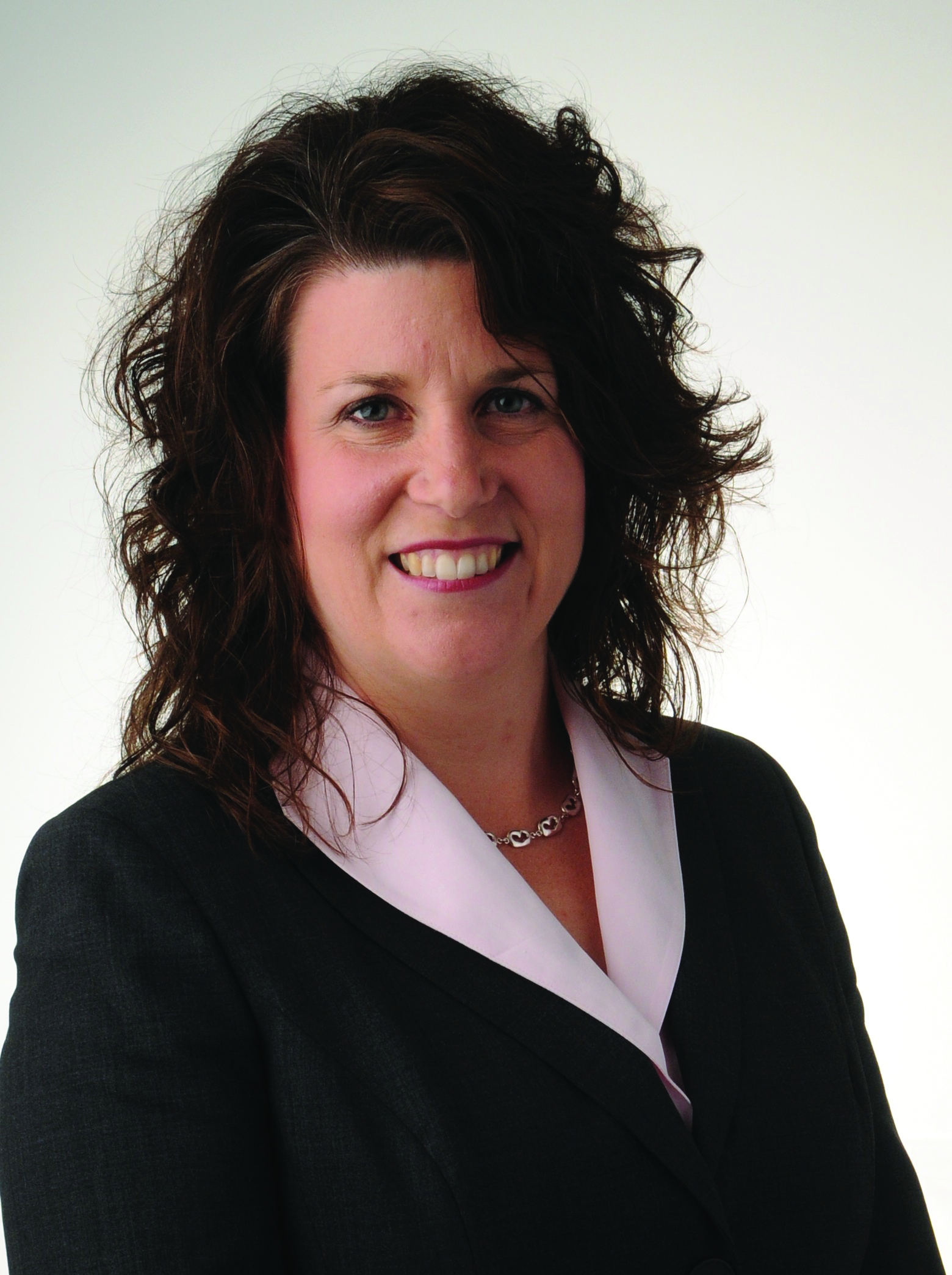Genetic counselors have a unique ability to explain complex genetic information to patients, providers, and our healthcare colleagues and to empower patients to take an active role in their healthcare decisions. We review biosignature data points and help explain the difference between variants that were acquired (somatic) versus those that may have a germline component, or possibly inherited from a parent. By working with oncology teams, genetic counselors provide guidance on potential next steps to evaluate variation occurrences and how providers, patients, and their families can use the information to guide their care.

The current National Comprehensive Cancer Network guidelines recommend referral for genetic testing when variants in genes associated with an inherited risk are identified on tumor sequencing. By recognizing these genes and biomarkers, the oncology nurse is an important asset in identifying patients who would benefit from seeing a genetic counselor. The guidelines also provide recommendations for risk reduction considerations. If a tumor is known to be associated with specific genes or biosignatures, they should be fully evaluated on a genetic test.
Genetic counselors discuss the results of a genetic test with patients in context of their medical and family history. They then work with oncology nurses and oncologists to help optimize the patient’s care and treatment, such as complete the risk assessment and make recommendations regarding additional genetic testing. Once the results are available, we provide the information to oncologists and oncology nurses. If an oncologist uses the test results to select a chemotherapy regimen, an oncology nurse will educate the patient about the treatment regimen, side effects that may occur, and symptom management. Often, the oncology nurse assists in arranging tumor sequencing at the request of the oncologist, which is an area where oncology nurses and genetic counselors work closely together.
As the understanding of new biomarkers in other cancer-related areas, such as symptom expression and management, grows, genetic counselors will have further opportunities to collaborate with oncology nurses. We work closely with our healthcare colleagues to understand the most useful ways to convey genetic testing information and results to patients. By meeting with a genetic counselor, patients can fully understand a gene’s impact. Then, oncology nurses can further educate the patient on treatment regimens and symptom management.
Given the complexity of genetic counseling, I’m grateful that we have the National Society of Genetic Counselors to support the profession. I volunteered with NSGC within a year of graduation so that I could contribute to the advancement of the profession and stay in tune with future directions and trends. Our role as genetic counselors crosses the entire lifespan, from preconception to end of life, and with how fast the technology advances, we always have something to learn throughout our entire career.






